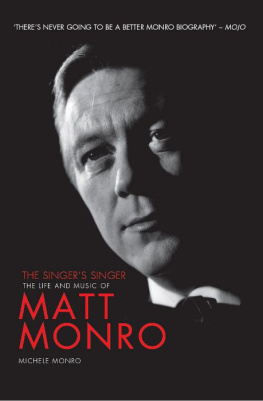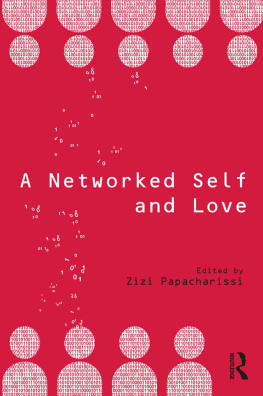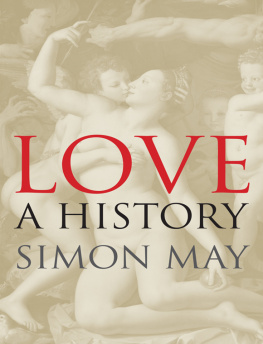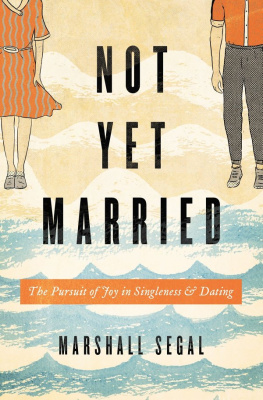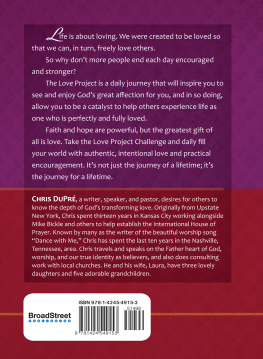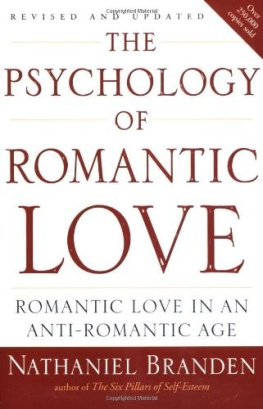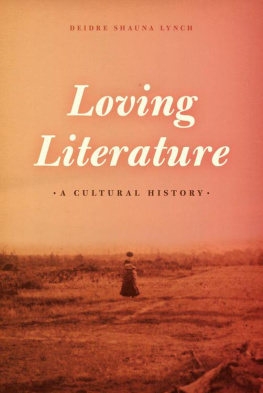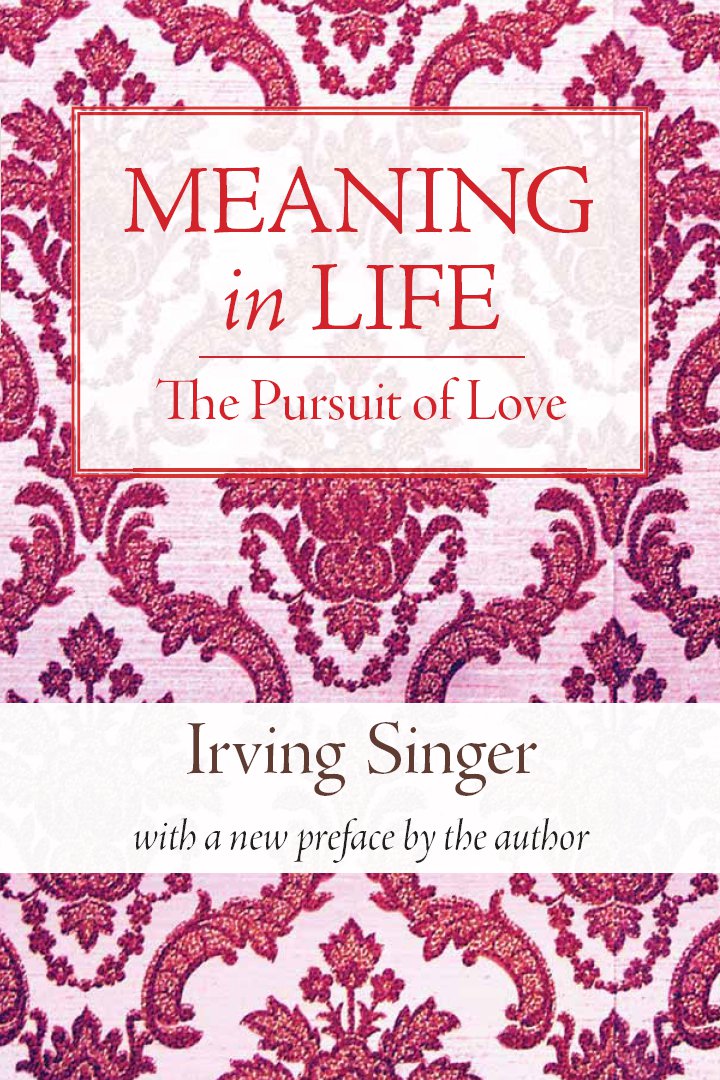All rights reserved. No part of this book may be reproduced in any form by any electronic or mechanical means (including photocopying, recording, or information storage and retrieval) without permission in writing from the publisher.
MIT Press books may be purchased at special quantity discounts for business or sales promotional use. For information, please email or write to Special Sales Department, The MIT Press, 55 Hayward Street, Cambridge, MA 02142.
Singer, Irving.
The pursuit of love / Irving Singer.
p. cm. (Meaning in life ; v. 2) (The Irving Singer library)
Originally published: Baltimore : Johns Hopkins University Press, C1994. With new pref.
Includes bibliographical references and index.
ISBN 978-0-262-26647-5 1. Love. 2. LoveHistory. I. Title.
BD436.S523 2009
128.46dc22
2009009936
MEANING
in
LIFE

Volume Two
BOOKS BY IRVING SINGER
Meaning in Life trilogy with new prefaces, The Irving Singer Library
The Nature of Love trilogy with new prefaces, The Irving Singer Library
Mozart & Beethoven: The Concept of Love in Their Operas with new preface, The Irving Singer Library
Philosophy of Love: A Partial Summing-Up
Cinematic Mythmaking: Philosophy in Film
Ingmar Bergman, Cinematic Philosopher: Reflections on His Creativity
Three Philosophical Filmmakers: Hitchcock, Welles, Renoir
Sex: A Philosophical Primer, expanded edition
Feeling and Imagination: The Vibrant Flux of Our Existence
Explorations in Love and Sex
Sex: A Philosophical Primer
George Santayana, Literary Philosopher
Reality Transformed: Film as Meaning and Technique
Meaning in Life:
The Creation of Value
The Pursuit of Love
The Harmony of Nature and Spirit
The Nature of Love:
Plato to Luther
Courtly and Romantic
The Modern World
Mozart and Beethoven: The Concept of Love in Their Operas
The Goals of Human Sexuality
Santayanas Aesthetics
Essays in Literary Criticism by George Santayana (editor)
The Nature and Pursuit of Love: The Philosophy of Irving Singer (ed. David Goicoechea)
To My Father
Who Knew the Meaning of Love
In The Pursuit of Love, I return to the Nature of Love trilogy in two ways. First, I try to clarify and extend the concepts of love that I introduced there as a framework for the historical analyses that predominate in that work. Second, I raise questions about love that have an independent philosophical import of their own. At the end of this volume, I draw together some of the major foci as a quasi-unified perspective in this area. Since I am the kind of pluralist who recoils from any large-scale system making, however, even this approximation offers itself as merely a general view that others might or might not accept. As in virtually all my writings, I avoid grandiose assertions in order to concentrate on the detailed insights that I wish to convey. As Jean Cocteau says about his films, I think of myself as a carpenter who may construct solid and useful tables but scornfully leaves it to the mystifying mediums to make them talk. In this book the discussions that different readers might find valuable from their own point of view often include historical references that were studied at length in the three volumes of The Nature of Love. Nevertheless The Pursuit of Love goes beyond the conceptual boundaries of that trilogy while also continuing its inclusive panorama.
At the outset I reorient the basic direction of my speculations toward queries about meaningfulness that were scarcely broached in the love trilogy itself. Without denying my previous emphasis upon the role of imagination and creativity in the experience of love, I now investigate at greater length their ability to make ones life meaningful. Though love is not the only means toward that end, both the need to love and the need to be loved are explicable to a large degree as part of an underlying search for meaning. In the introduction I describe love as a principal form of life by which creatures like ourselves seek meaningful relationships to persons, things, or ideals that matter to us. To that extent, meaning in life is conversely the pursuit of love, incomplete and often defeated as that can be.
As a clarification of this program, I suggest that, far from being either a need to love or a need to be loved, the human quest for meaning is most evident as a need-to-love-and-be-loved. In the rest of the book, I recurrently argue that love creates its manifold meanings through the devious appraisals and bestowals of value that people feel and somehow enact. To elucidate its phenomenology, I devote an early chapter to two myths about love that contribute to the affective experience of many people. One of these harkens back to creation mythology about a benevolent deity who, through infinite love, has made things to be as they are, and whose own being encloses the very perfection of love. Though various naturalistic opponents reject any such conception, as I do too, I try to show how their own views are also problematic.
The second myth is propelled by the concept of merging that was prominent and widely persuasive during the Romantic movement two hundred years ago. While I recognize how much lovers may sometimes crave an ecstatic oneness with another person, I maintain that fusion of the sort that the myth depicts is unattainable in our nature and often disastrous when it is sought.
Instead of following the lead of these myths, I devote the subsequent chapters to a mapping of love, a systematic charting of empirically observable regions within its domains. As a crucial preliminary to this endeavor, I return to a distinction that I made in the first volume of The Nature of Love but barely developed in that work. I delineate the differences between the love of persons, the love of things, and the love of ideals. These may combine but have frequently served as contrary impulsions and contradictory strivings for inherent meaningfulness. Having sought to clarify their individual and joint relevance to any amatory experience, I then map out a theory about the stages of love that human beings, and to some degree other animals as well, go through within their personal development. The bulk of this analysis resides in the eighty pages that I divide into the chapters entitled Sexual Love, Love in Society, and Religious Love.
The discussion of sexual love occurs as a sequel to an earlier book of mine entitled The Goals of Human Sexuality. That work united scientific sexology with a philosophical approach that both sexologists and philosophers rarely undertake. Parts of two chapters had previously appeared in The Journal of Sex Research and The Journal of Biosocial Science. In the book this technical material was placed within the setting of a philosophy of sex designed to provide an outlook that did not limit itself to the boundaries of science alone. One distinction in particular I would later return to in other books. It was a differentiation between the sensuous and the passionate, as I called them. These were terms for phenomena that occur in diverse human experiences, and above all in the varieties of sexuality. The sensuous consists in the soothing and usually pleasant feelings, thoughts, acts, and attitudes that are evoked by gratifying qualities of sensory stimuli. We get this hedonic consummation in immediate experience, or secondhand through memory and imagination, as excitation that our sense organs yield directly in themselves.


